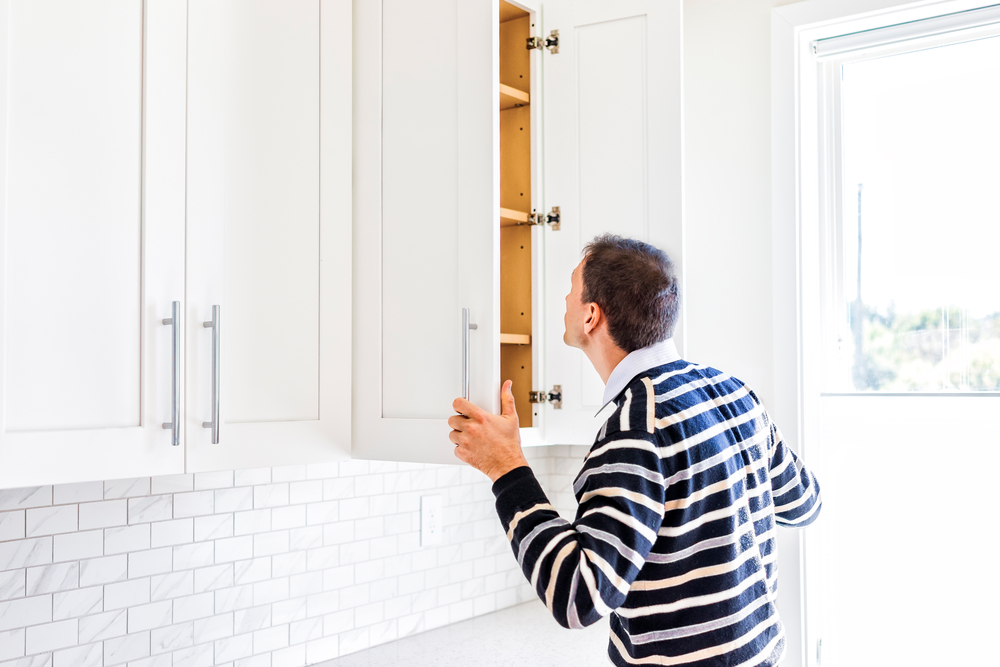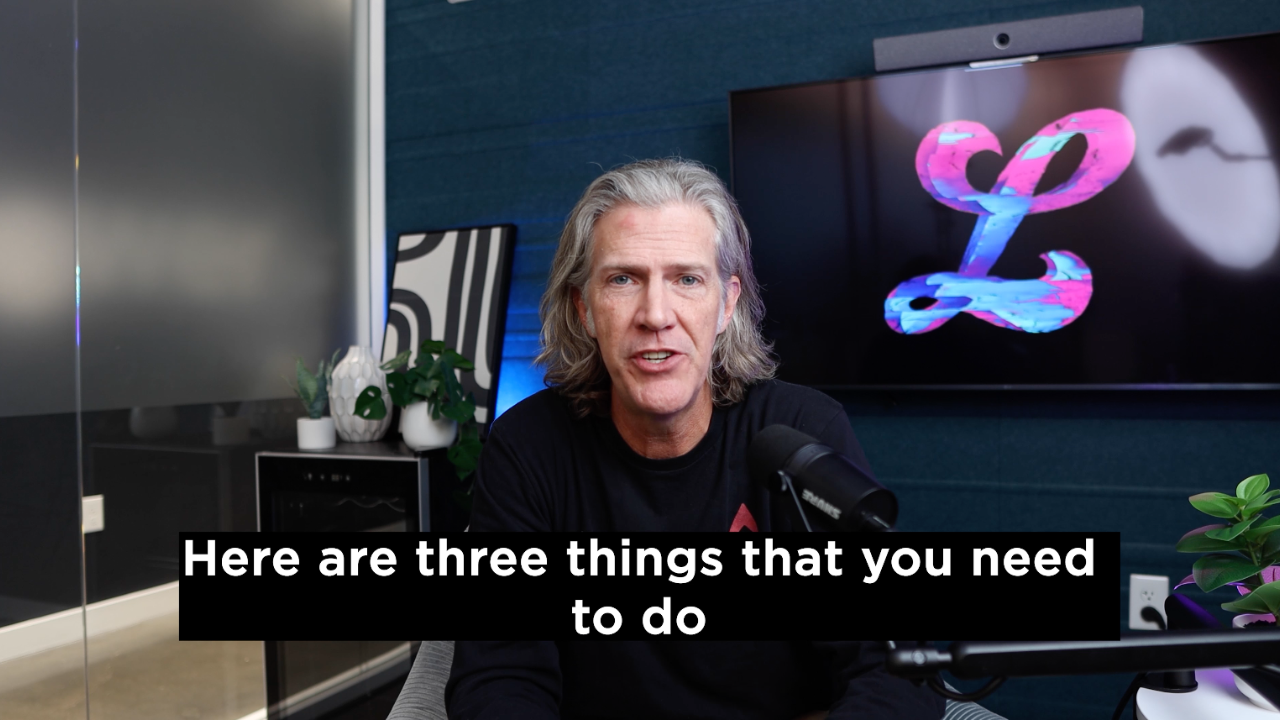After months of searching, you’ve found the perfect home. It’s in the right neighborhood, with a great floor plan, and all the amenities you’re looking for. While you’re the expert on what’s best for your family, there’s also an expert on what’s behind the walls.
Few first-time homebuyers have the skills to assess all of the different areas—from the condition of the foundation, to safe wiring, and even potential roof issues. That’s why many buyers choose to pay for a private home inspection. In fact, most homebuyers do. You can hire an inspector before you make an offer, or make an offer that’s contingent on an inspection.
A private home inspection is different from any inspections that your bank or city might request. The home inspector works for you, and their job is to uncover any potential problems and let you know what kind of repairs you can expect and what actions you should take to keep your new house safe and secure.
Find an experienced inspector
Your realtor can give you the names of a few inspectors in the area, but it’s up to you to do further research and choose the best option. You want to select someone thorough and detail-oriented who has years of experience in construction. It’s also vital that they be familiar with local building codes. Here are some questions you might ask:
- How long have you been an inspector?
- What was your background before becoming an inspector?
- How long have you worked in this city?
- What is your price, and what does it include?
- Will you e-mail me a list of your findings?
- What methods of payment do you accept?
How thoroughly the inspector answers your questions, and how promptly they return calls or messages, can tell you as much about them as the answers themselves.
You can also ask for a sample report to see what kind of information each inspector typically includes.
Your real estate agent should be able to recommend someone they work with regularly.
Make a list of issues
You probably have some specific questions about the house. Write them down and bring them with you to the inspection. If they’re not answered in the course of the walk-through, you can ask them at the end.
Accompany the inspector
Plan to be at the house during the inspection. The written copy of the report is useful, but your live interactions with the inspector will be invaluable.
Inspectors tend to drop pearls of wisdom throughout the inspection that won’t be on the report. You’ll collect all sorts of off-the-record advice, from tips on protecting your home from water damage to improving its value, if you’re there to listen.
Ask questions
You’re paying for the inspector’s time, so make the most of it. They have a specific format for their report, but you can take advantage of their expertise by asking other questions as well.
While your inspector can’t give you estimates or refer you to contractors, they may be willing to answer questions about which repairs are simple and which are more expensive.
For instance:
- Do you think that’s a relatively inexpensive repair?
- Do you think that’s something we could tackle ourselves?
- How long would you expect this furnace to last?
- What’s the first thing you’d fix if you were buying this home?
Know what to expect
A good inspector knows exactly what to look for, and has their own process for thoroughly checking out every inch of the property. Trying to micromanage them is only going to slow them down and disrupt their workflow.
Here’s what you can expect from your inspector:
- Exterior: Assess the condition of the gutters, downspouts, and siding. Check wood for signs of rot or damage. The inspector may give you advice on how to improve drainage.
- Entryways, decks, and porches: Do all the stairs have handrails where required by code? Are they safe? Is there any rotten wood that needs to be replaced?
- Roof: The inspector will check for leaks, damage, and shoddy repairs.
- Foundation: Your inspector will check for cracks, leaking, trees that are too close, poor drainage, and other issues.
- Windows and doors: Do the locks work? Is there any rot or signs of moisture seepage?
- Basement: Any signs of moisture or leaking? Does the structure (foundation, floor joists) seem to be intact? What is the condition/age of the furnace and water heater? Any signs of mold or mildew?
- Attic: Does the roof seem to be seeping water? Is the insulation intact?
- Plumbing: How old are the pipes? Is there any sign of leakage? Is the water pressure good?
- Electrical: Are the electrical panel and wiring up to code? Are there GFI outlets near the sinks? Are there any fire hazards in the electrical system?
- Threats to the house: Besides existing issues, your inspector may let you know about impending threats, like a tree leaning over the roof or gutters that aren’t draining far enough away from the foundation.
Make notes
The inspector will send you a copy of their report, but it’s up to you to keep notes of any off-the-record advice and answers to your questions. You may think you’ll remember it all, but buying a home is a complicated process, and key details can be lost easily without notes.
Take photos of any issues the inspector points out. Pictures will jog your memory, and they might be useful in communicating with the seller about any problems that affect your negotiations.
Follow up
The inspector may recommend specialty inspections, such as a sewer or electrical check if they have concerns about the house. Be sure to follow up with those. You may spend a few hundred more dollars, but what you learn could save you thousands.
Take it to negotiations
If you’ve already made an offer contingent on the inspection, you can withdraw from the purchase if the inspector finds too many problems. You also have the option of going back to the bargaining table. Sometimes the seller will make repairs and remedy problems for you, and in other cases, you can ask for a credit to make the repairs yourself. If you’re buying a lower-end home in “as-is” condition, however, the price may already reflect any necessary repairs.
Your inspector’s report will give you all the information you need to feel confident as a new homebuyer.
6 Things to Watch For
It’s normal for the inspector to uncover minor problems as they go through the home inspection checklist, but be sure to pay special attention to these red-flag issues:
1. Roof problems
Minor leaks can be patched, but entire roof replacements are a major expense. The average price of a new roof is $12,000.
2. Foundation issues
Repairing one foundation wall averages around $4,000 — but a serious collapse could run up bills of $10,000 or more.
3. Older HVAC systems
Replacing the furnace, air conditioner, or water heater will cost thousands of dollars. If you’re buying an older home that hasn’t been well-maintained, you could potentially have problems with all three systems in the same year.
4. Outdated electrical systems
Updating outlets or adding wiring to a home isn’t expensive. But if the house you’re buying needs a whole new electrical box, or needs to be rewired entirely to prevent a fire, that could cost you $8,000 or more.
5. Toxins
Safely removing toxic materials requires specialized training and equipment—and it can get expensive. Asbestos, which was used in everything from flooring to siding at one time, can cost anywhere from $400 to $20,000 to remove. Many contractors have a minimum charge of $1,500, even if they’re only removing insulation from one pipe in the house.
Toxin reports aren’t usually included with a standard home inspection. If you suspect that your home may have toxic components, you’ll need to hire a specialized inspector to look for those.
6. Sewer lines
The sewer line that runs through your yard is your responsibility in most cities — and it’s expensive to repair, with costs ranging from $4,000 to $25,000. If your inspector notices water standing in the yard or slow drainage in the sinks and tub, they may suggest that you have a sewer inspector look things over.
Major repairs might not be a dealbreaker on a house you love, but they should be part of your price negotiation with the seller.
The Bottom Line
Your home inspector works for you. Make the most of your investment by staying with them during the inspection and asking lots of questions. Use the inspection report to bargain with the seller, and enjoy the peace of mind that comes from knowing that your new home is a safe and secure place to live.

















.svg)

.svg)















